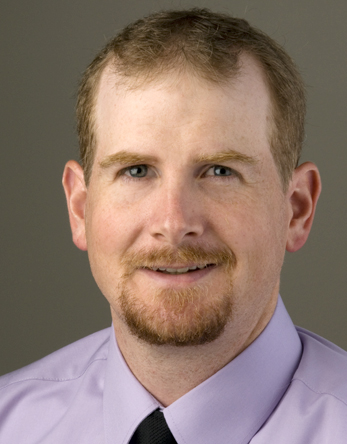There are two things Dr. Robert Rebhun has no shortage of — academic credentials and pets, the latter of which he has nine: two cats, two parakeets, a golden retriever, rabbit, guinea pig, hamster and cockatiel. Though to be fair, some of those pets belong to his children. His love of animals stems from his childhood, growing up the son of a veterinarian who taught internal medicine and ophthalmology at Cornell University. A career in veterinary medicine always seemed like what the young Rebhun wanted to do.
Originally from Ithaca, New York, Rebhun received his Bachelor of Science and Doctor of Veterinary Medicine degrees from Cornell University. In college, he remembers an acquaintance encouraging him to not fear going outside his comfort zone. Armed with that advice and with a veterinary school mentor’s encouragement, Rebhun decided to reach beyond veterinary medicine and pursue a PhD in Cancer Biology from the University of Texas at Houston. He completed his clinical residency training in Medical Oncology at Colorado State University in Fort Collins — although the long hours of his residency meant he didn’t get to explore much of the city or the surrounding beauty of the Rocky Mountains. Rebhun joined the faculty of UC Davis in 2008.
In January 2014, Rebhun was appointed associate director of the CCAH Cancer Program. Rebhun is also an associate professor in the school’s Department of Surgical and Radiological Sciences. As a veterinary oncologist, Rebhun and his colleagues work closely with pets with cancer, often treating a particular animal for months or sometimes years — growing attached to both the clients and patients as a result. “The hardest thing with oncology is always when we lose the fight, and the struggle of knowing when it’s time to quit,” Rebhun says. “Sometimes we know it’s time. Sometimes we don’t. But we’re always there to help owners make their end of life decisions.”
For all the heartache that can accompany the field of oncology, the work also brings plenty of joy and satisfaction. Rebhun’s proudest moments involve those times when he leaves an exam room knowing he helped an owner understand her pet’s disease and equipped her with information on how to navigate all the tests and treatment options to find the best plan for her pet. “My father was known for his ability to connect with clients and I probably feel the most pride when I am able to carry on that legacy,” he says.

